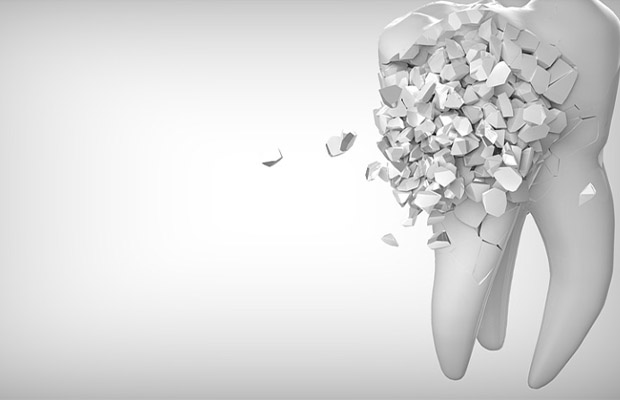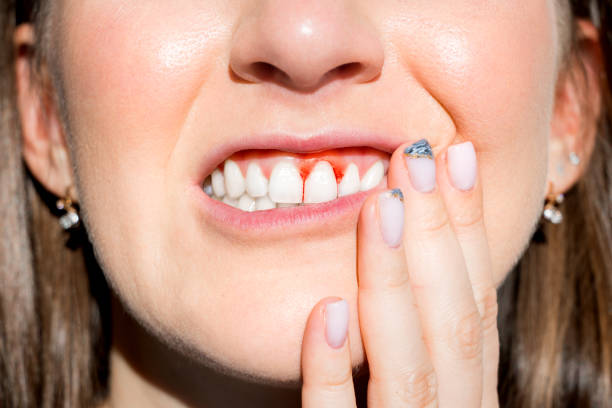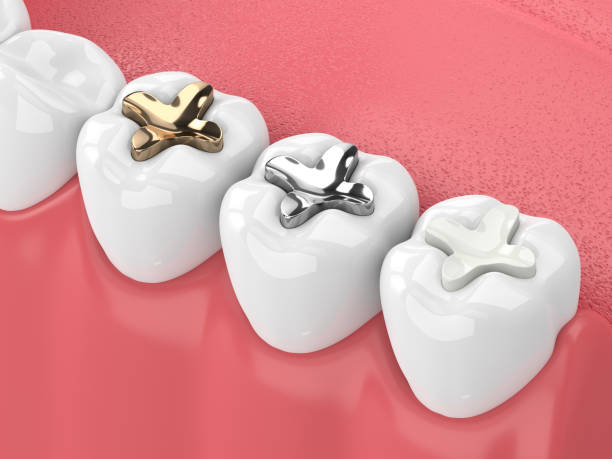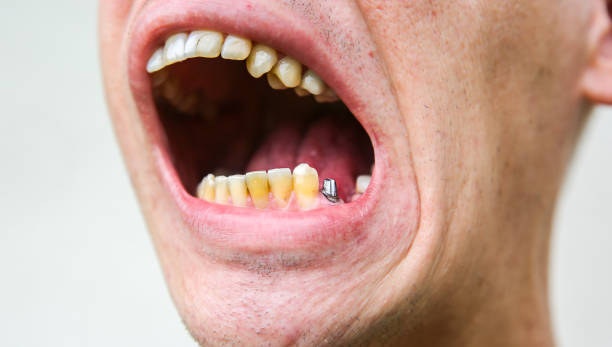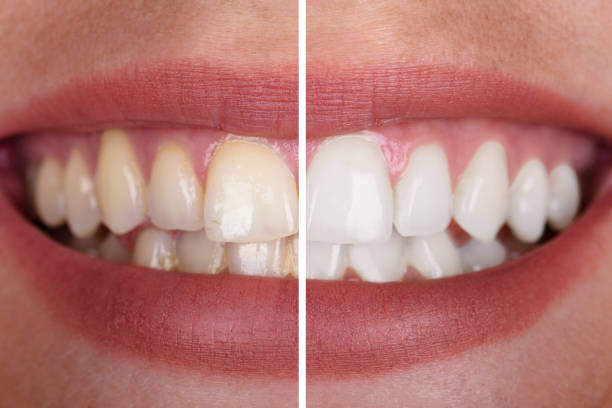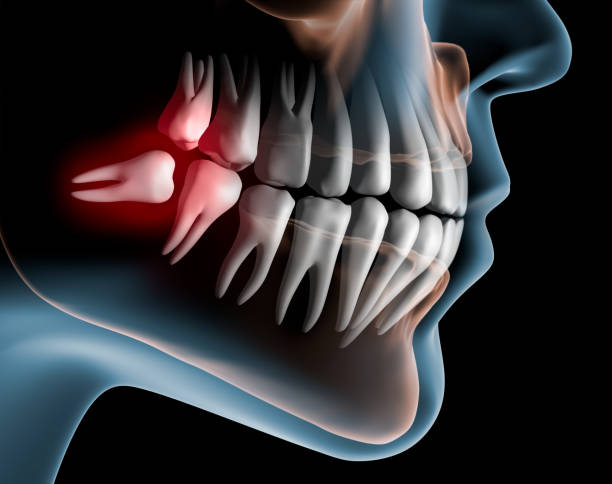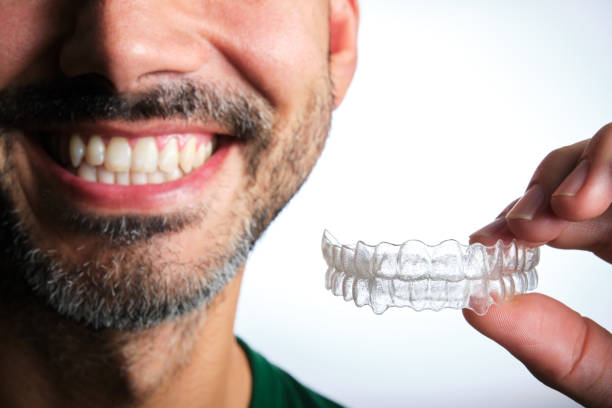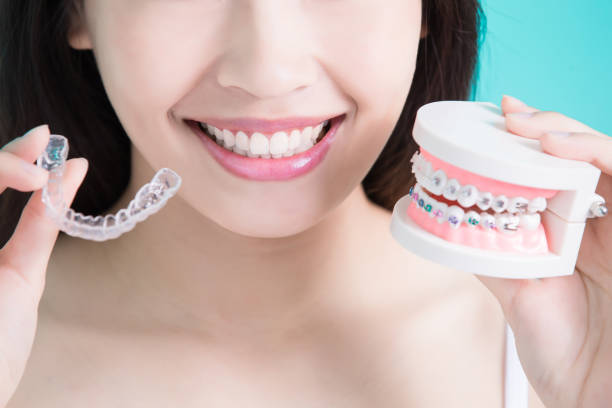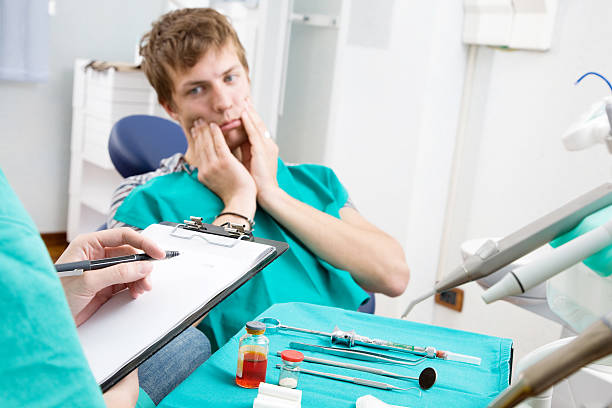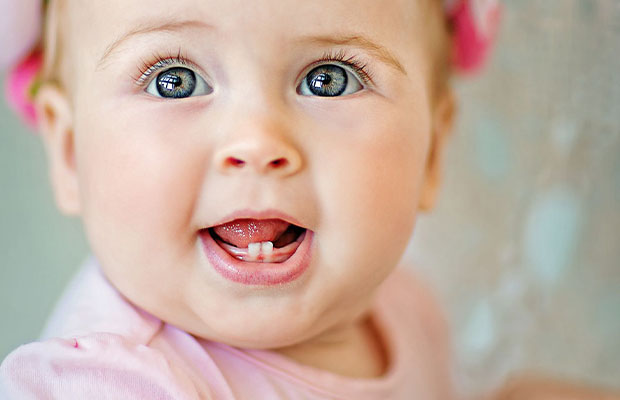The emergence of a baby’s first tooth is a memorable milestone. Those first tiny buds that appear are so adorable! However, we recognize that a first-time parent may find the eruption of a tooth to be stressful. There may be a lot of questions on your mind while you go through this procedure. When do kids get molars? Are my child’s teeth coming in as expected?
These are ordinary parental worries. However, if you make some advance preparations, you’ll feel prepared and confident when your baby’s first teeth erupt. Let’s talk especially about how to get ready for their molars, or rear teeth, to erupt.
Table of Contents
When Do Kids Get Molars?
Typically, between the ages of 13 and 19 months, a baby’s first molars erupt. Don’t worry too much, though, if your child’s first molars come in a little early or a little late because every child is unique. If your teeth didn’t erupt on time, expect your child’s teeth to follow suit since delayed tooth eruption can run in families. Visit your child’s pediatric dentist so they can look into any potential issues if you’re concerned that your baby’s molars aren’t erupting on schedule.
Appearance of Molars
However, when does your child start to erupt molars? To answer this question, you have to know first that everyone will have up to three sets of molars, which are:
- At the age of six to seven, the first set of four permanent molars will erupt behind the baby teeth’s four ends. This is known as the “six-year molar” stage. As a result, children typically begin to get their molars around the age of six.
- 12-year molars – All of a child’s 28 permanent teeth, including the four molars and eight premolars, will be present by the time they are 12 to 13 years old.
- Third molars — If they erupt at all, the third molars, also known as wisdom teeth, typically appear between the ages of 15 and 25. Since they typically don’t have enough room to fully erupt, they are frequently removed.
You must repeatedly remind your children to brush their six-year molars once they erupt. Make sure they use a soft toothbrush and fluoride toothpaste to brush the back tooth. They should also brush each tooth’s sides or surfaces. To prevent gum inflammation and cavities on the molars, they must form and maintain this crucial habit.
The Function of Primary Molars
Did you know that primary molars typically erupt and fall out last? Primary teeth, also known as baby teeth or milk teeth, are temporary and belong to your child. But they’re still essential for the normal growth of that priceless smile.
Eight primary molars will develop in your child, two on each side of the mouth and on the top and bottom jaws. These teeth make room for their permanent set of teeth, which consists of twelve permanent molars (three on each side of their mouth on the top and bottom jaw), known as the first, second, and third molars. It should be noted that the third molars, also referred to as the wisdom teeth, may be extracted prior to eruption.
Permanent first molars have a unique job. Even though their permanent molars are the first to erupt, their primary molars were most likely the last of that set to do so. The first “placeholders” in your child’s mouth, the “6-year molars” are called that because they can start to erupt as early as age six. As the lower jaw supports the positioning of the remaining teeth, the first permanent teeth in your child’s mouth help determine the shape of that jaw.
Pain During Their Eruption
The surrounding area may turn red and swollen when your baby first begins teething. If your baby already has a few teeth, you’ve probably had this experience. The first front tooth is frequently the most sensitive, but your child may also experience pain as the molars erupt.
A molar’s larger and duller surface area makes the process more uncomfortable for some kids than an incisor, which can cut the gum more effectively. Every child has a different threshold for pain, but the soreness in this gumline can make eating particularly challenging.
Your baby might become extremely irritable as the molars come in, even if they are typically mellow. Problems staying asleep all night long and an unwillingness to eat are two typical symptoms. We are aware of how stressful this can be for both you and your infant, but hold on! Keep in mind that this stage of growth is passing quickly!
Oral Care for Molar Eruption
When their child’s molars erupt, they will have a full set of 20 primary teeth, which is exciting to think about. Even more so, proper oral hygiene is necessary with these new back teeth. The surface area of molars may be larger, but cleaning them is more difficult. You may already be aware of this from your own attempts to reach deep inside your mouth each day to floss. The plaque has a chance to accumulate and lead to the early development of cavities due to their difficult-to-reach location.
By the time these molars erupt, you ought to be well into your child’s oral hygiene routine. But now is a good time to evaluate where you should be in your child’s routine if you’re worried that you haven’t mastered it. The American Academy of Pediatric Dentistry recommends the following oral care timeline:
- By the time the first tooth erupts or the child turns one, make an appointment for a dental checkup. Repeat this procedure every six months.
- Start using toothpaste as soon as their first tooth appears.
- As soon as your child’s first tooth appears, have them brush their teeth twice every day.
- Brush your child’s teeth with a small, kid-friendly brush that has plush bristles.
When Should I Visit The Dentist
Once every six months should be sufficient for routine dental visits for your youngster. The dentist examines the teeth’s development and cleans them. At the conclusion of each appointment, the dentist will likely give you a report, but don’t be afraid to ask questions regarding your child’s molars or other teeth.
Call your dentist if you are worried about how your child’s teeth are developing. You might give us a call, for instance, if your child’s molars are developing late or if their growth pattern seems off. If your child complains of dental aches, you should also call.

